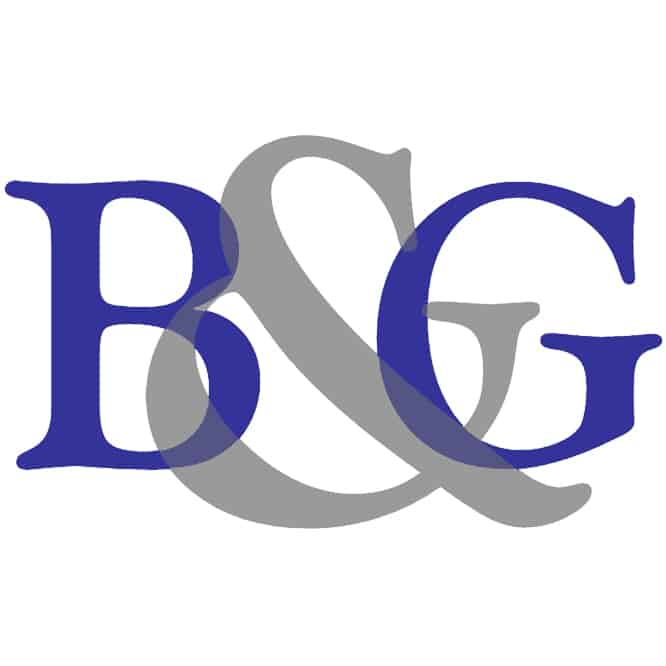Of course you have all seen an employee have a little too much fun at the office party, but it’s no trouble for the employer right? Wrong! Employers who host social events should be aware of potential liability, both as a social host and as an employer.
Social Host:
Originally, sellers were immune from liability for harm caused by drunken customers. Then, a series of cases held that sellers of alcohol owed a duty to the general public. Commercial sellers (Vesely v. Sager (1971) 5 Cal. 3d 153), followed by social hosts (Coulter v. Superior Court (1978) 21 Cal. 3d 144) were found liable for serving obviously intoxicated persons.
The California Legislature stepped in and held the drinker accountable for his/her own drunken acts. Under Business and Professions Code §25602 and Civil Code §1714, sellers and social hosts are protected from civil liability based on the policy that the consumption of alcohol, not the serving, is the proximate cause of injuries inflicted by an intoxicated person.
The one exception involves overly intoxicated minors. At first, only a commercial seller was liable for serving an overly intoxicated minor. However, in Ennabe v. Manosa (2014) 58 Cal. 4th 697, a social host was found liable because she charged admission to her party and was therefore, and constituted a “seller.” Fortunately, courts still require an affirmative act such as “selling,” and have refused to hold social hosts liable for mere failure to supervise guests. That being said, one should be concerned about history repeating itself, and seeing another trend of extending liability beyond the drinker.
Employer:
Cases involving employer-sponsored parties continue to expand employer liability. An employer may be liable for acts of its intoxicated employee if he/she consumed the alcohol within the scope of employment. Unfortunately, employer-sponsored social events are considered within the scope of employment.
At first, cases dealt with parties on work premises and/or during work hours (McCarty v. Workmen’s Comp. Appeals Bd. (1974) 12 Cal. 3d 677; Harris v. Trojan Fireworks Co. (1981) 120 Cal. App. 3d 157; Childers v. Shasta Livestock Auction Yard, Inc. (1987)190 Cal. App. 3d 792). However, now all company sponsored events fall within course and scope, because they benefit the employer by improving employee morale and furthering employer-employee relations. (Purton v. Marriott Int’l, Inc. (2013) 218 Cal. App. 4th 499). Employer liability has also been extended in terms of time. At first, cases involved drunk driving accidents that occurred as the intoxicated employee left the event. However in Purton, the employee arrived home safely, but went out again later and caused an accident. The Court held that as long as the proximate cause of the injury (alcohol consumption) occurred within the scope of employment, it does not matter if the tort was committed at a later time.
The question is how far will employer liability extend in time? Will it extend, to include accidents caused the next day by a hungover employee? Will it extend to employee criminal acts, beyond foreseeable incidents like a drunk driving collision? Will it extend to acts of an employee’s spouse/guest at the company party? The possibilities are endless.
As such, Employers should be cautious when planning events, and may want to consider options such as daytime parties, a limited number of drink tickets, closing the bar early, free Uber, Lyft, taxis or hotels, or even no alcohol at all.

